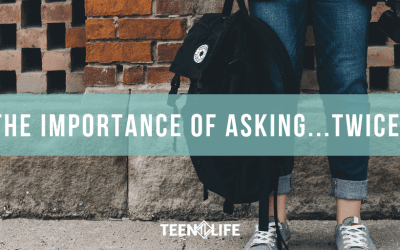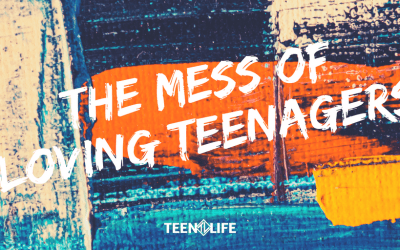I was recently leading a support group with 7th grade students. During one of our introduction activities, a girl started to share — and then paused. She thought for a moment, and then said, “My answer is from The Bible. Can I talk about that here?” This is the constant question of students around us – students who live in an unsafe world – Is it okay to say what I feel here? Or the deeper version – Is this a safe place? I opened it up to the group, and the consensus from the seven other students in the room was that she could share and not be picked on or made fun of in our circle, despite many of the others in the room having vastly different beliefs. Seventh graders don’t typically ask if a group is safe unless they have spent time in spaces that aren’t.
Support Groups Articles and Episodes
Teenagers are longing for caring adults to take the time to connect. Check out our time-tested resources on leading support groups and building life changing relationships.
We keep you bussin’.
Subscribe to the newsletter so you always know what the terms your teen is saying actually mean. We’ll make sure you’re up-to-date on the latest in teen culture, terms, and tech.





